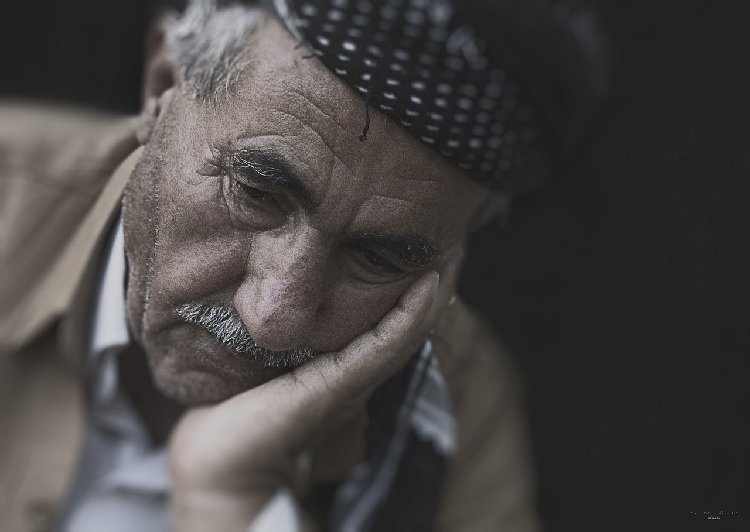Elderly abuse in any form is ugly, wrong, painful, and costly. No one should be subjected to abuse in a place that is meant to be his/her safe haven. Sadly, experts note that many elder abuse cases go unreported because of excuses, lack of awareness and preparation. While combating abuse requires collective responsibility and effort, family members need to be at the forefront of recognizing and acting on these forms of abuse. Are you aware of the different types of abuse? Or are you wondering how to help your loved one? Let us go through assisted living abuse cases together and discuss how to go about them.
Assisted Living Abuse Cases
There are different types of abuse that happen in assisted living homes. The first step in helping your loved one is recognizing the various forms. However, this might not be easy, given that some forms of abuse are behavioral or emotional. To make matters more complicated, elders living in assisted living are often afraid to report cases of abuse to family, friends, or authorities. Let us look at different forms of abuse:

Physical Abuse
You should always watch out for any form of injury in the form of bruises, broken arms, or burns suffered by your loved one. Accidents can occur but there are some that could have been avoided. You should know that many assisted living accidents result in severe injuries, permanent damage, or even death! So, act fast on any signs of physical abuse.
Sexual Abuse
According to research, sexual abuse is the least common form of elder abuse, but the most common in nursing homes and assisted living. If an elder is sexually abused, signs to look out for are bruises or injuries on the thighs, or genitals, bleeding, or unexplained STDs
Neglect
This occurs when the service provider refuses or avoids to provide a senior with the basic necessities that promote his/her well-being. Be concerned when your loved one is left in an unsafe and dirty living condition, has bedsores, not provided with food and water or medicine.
Financial Abuse
You can recognize financial abuse when you realize illegal or improper use of funds or other resources from your loved one. Signs of financial abuse include large bank withdrawals or unexplained transactions, sudden need to buy excessive gifts to a caregiver(s), etc.
Emotional Abuse
This form doesn’t leave physical marks and is often the most difficult to identify. An abrupt change in mood or behavior could signal emotional abuse. Common signs you can look out for are agitation and fear, isolation or withdrawing from people, changes in eating and sleeping patterns.
What to Do About Assisted Living Abuse
Before you report to the external authorities, ensure you engage the staff and management to hear their side of the story. Then proceed to seek treatment for your loved one depending on the severity of the abuse. Once you have found treatment and ensured that your loved one is okay, you might want to proceed and report the case to the relevant authorities responsible for nursing homes. It might also mean seeking compensation for any damages caused.
Wrap Up
It is important to talk to an assisted living abuse lawyer to discuss the transgressions of your loved one and receive advice on the next course of action. A lawyer will expedite your case by following up with the relevant departments to ensure you receive compensation. As you find justice for your loved one, ensure to transfer him/her home or to another facility.

